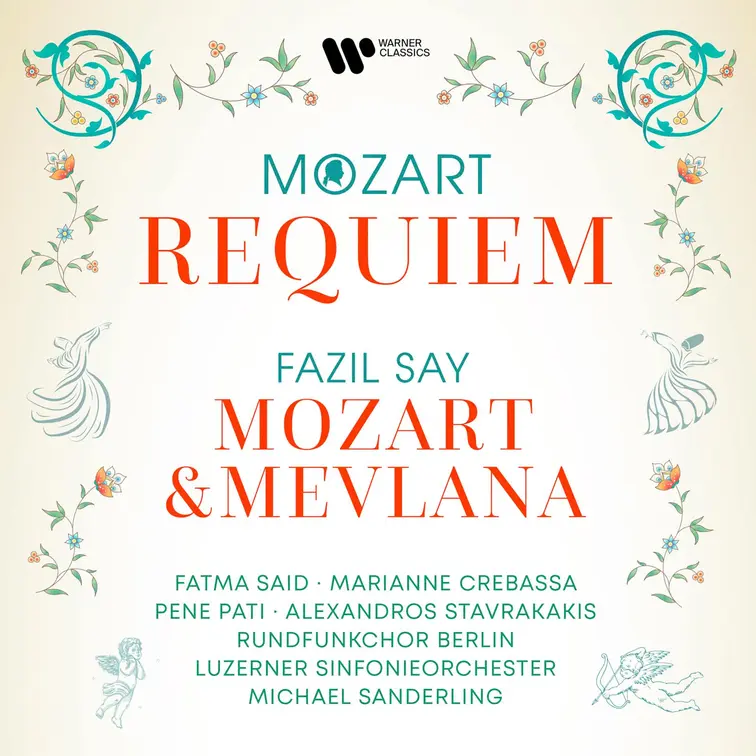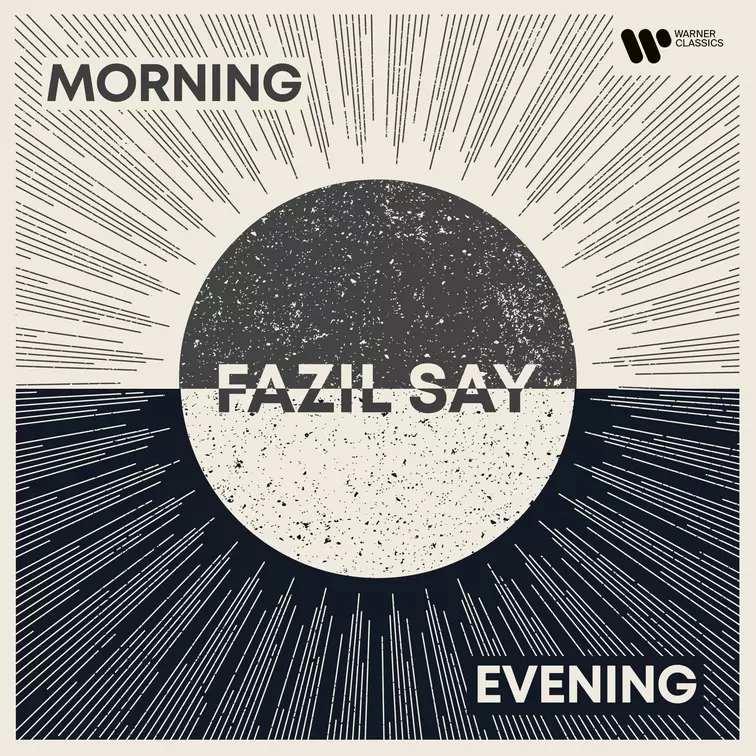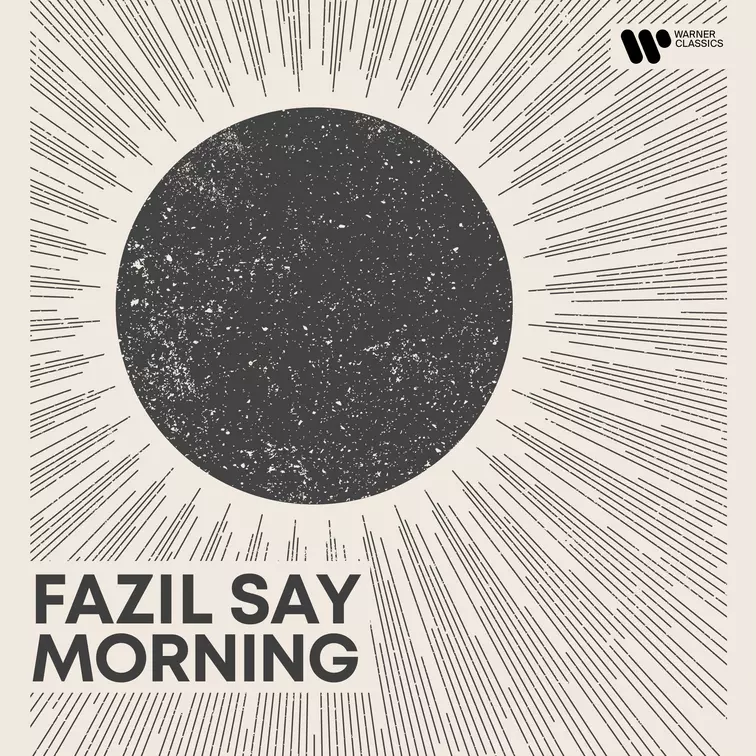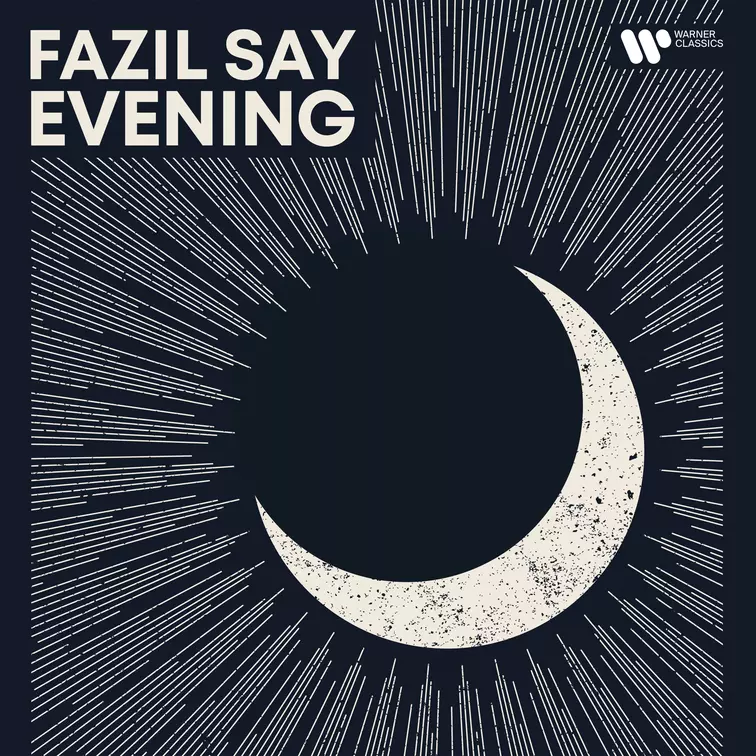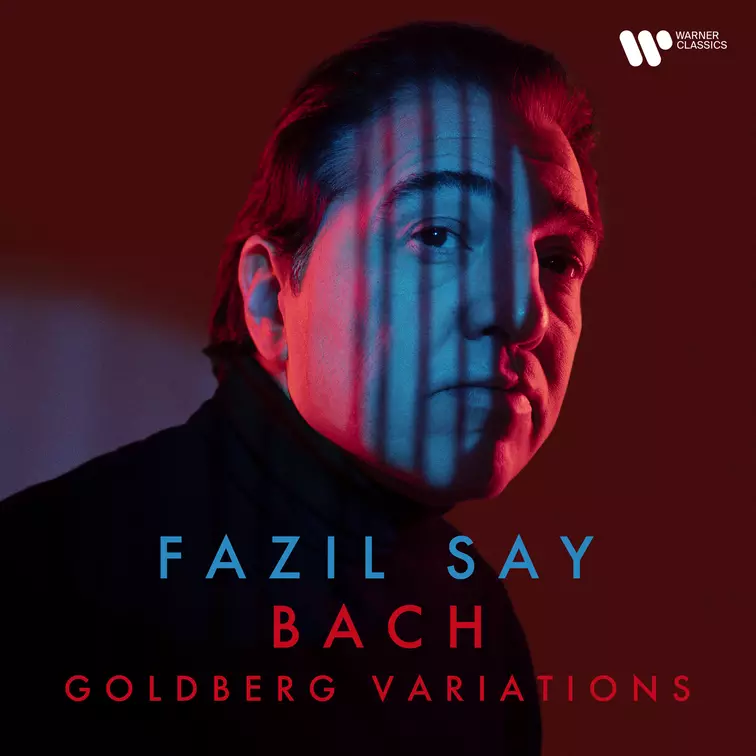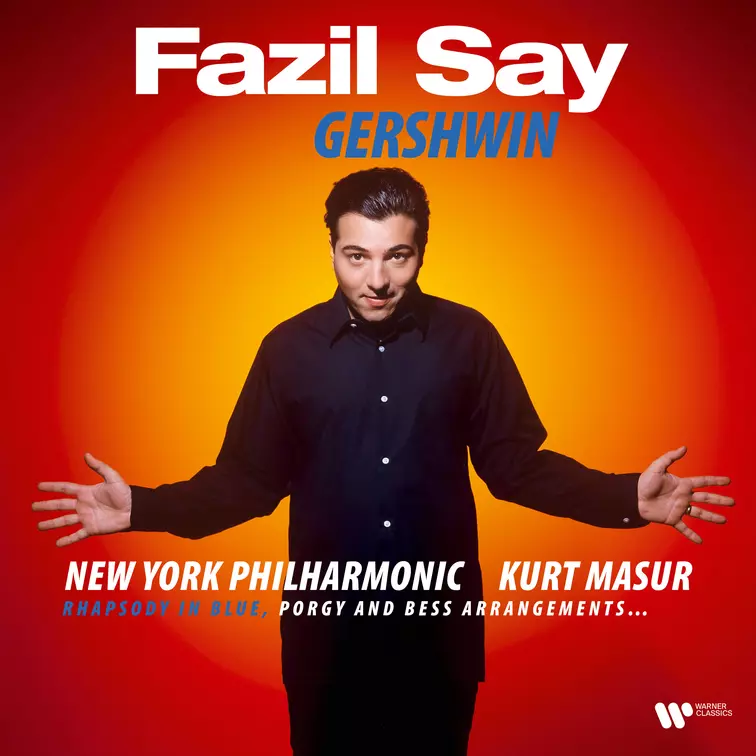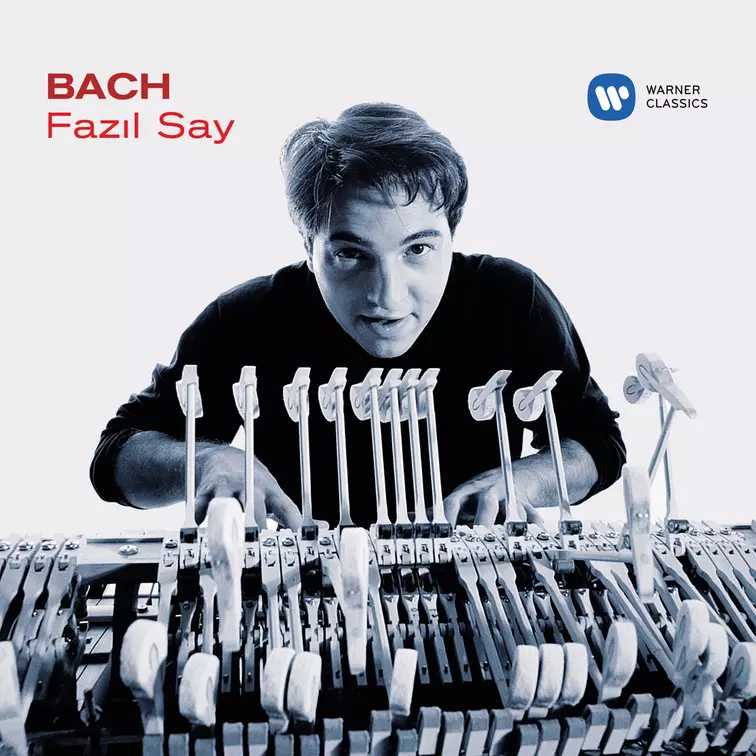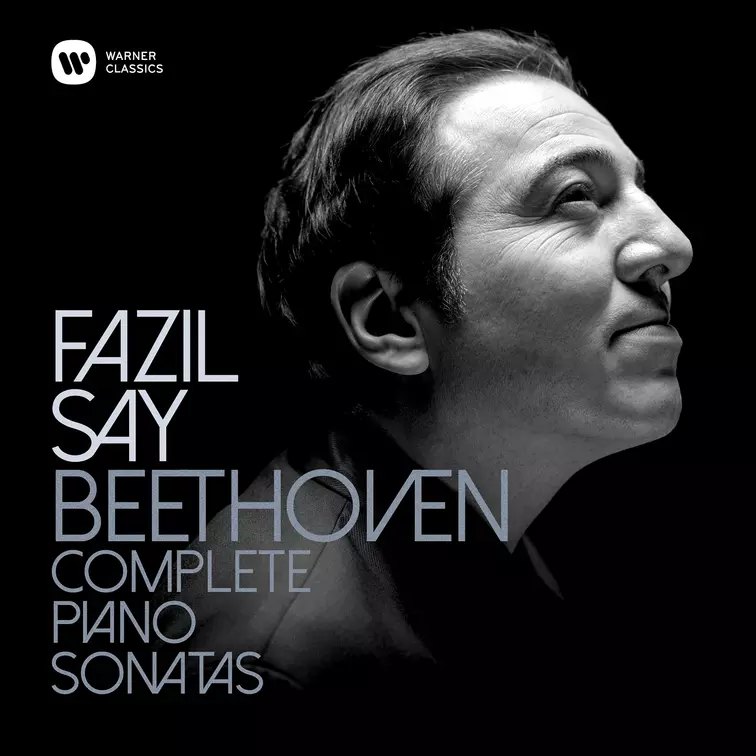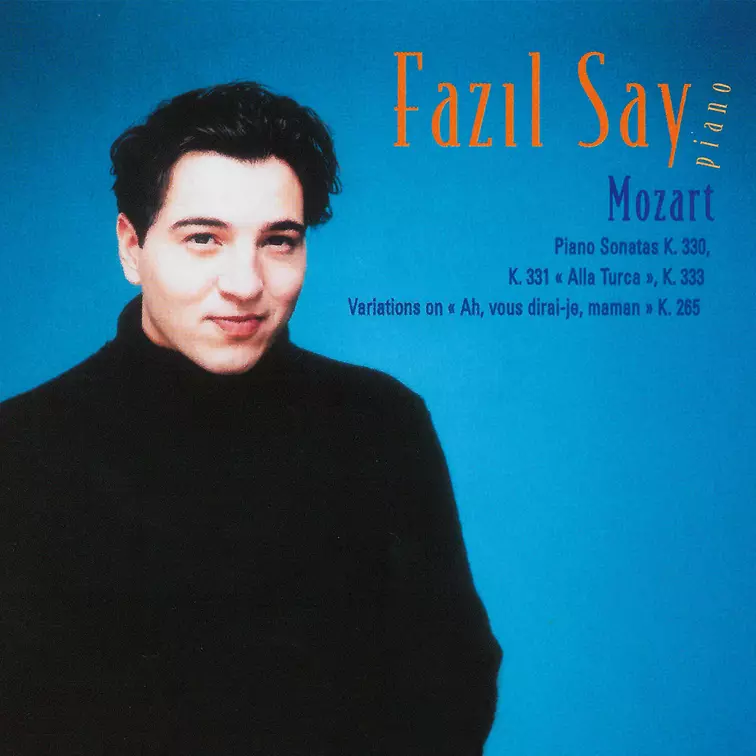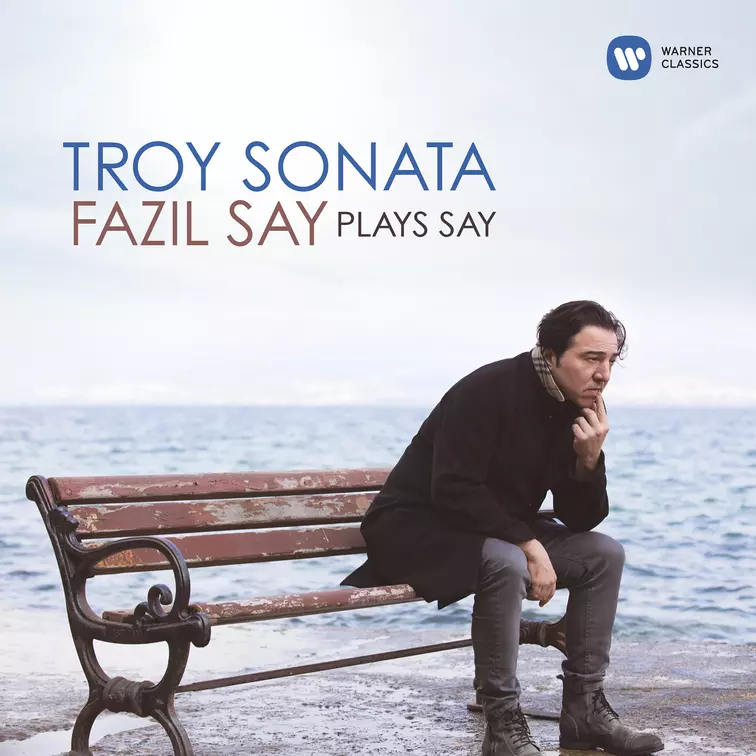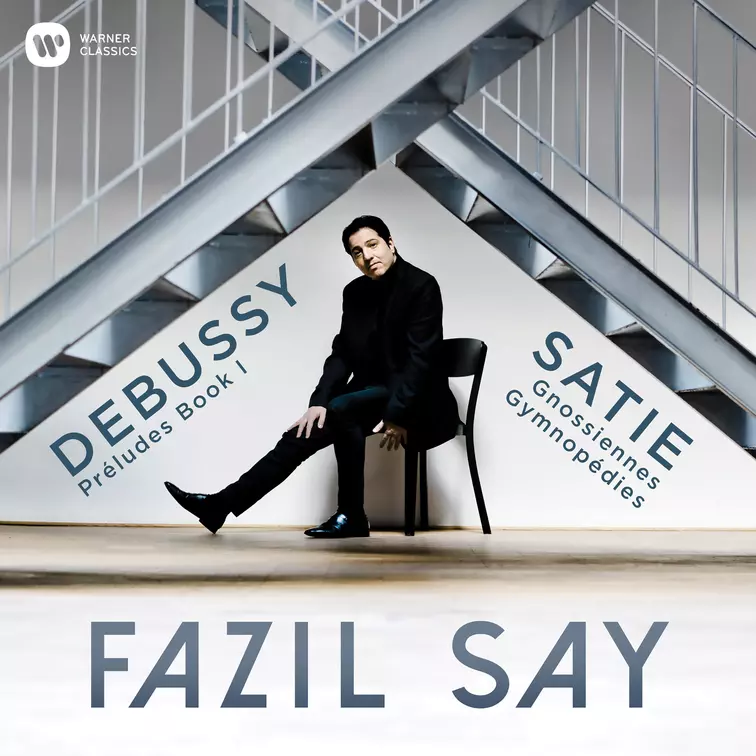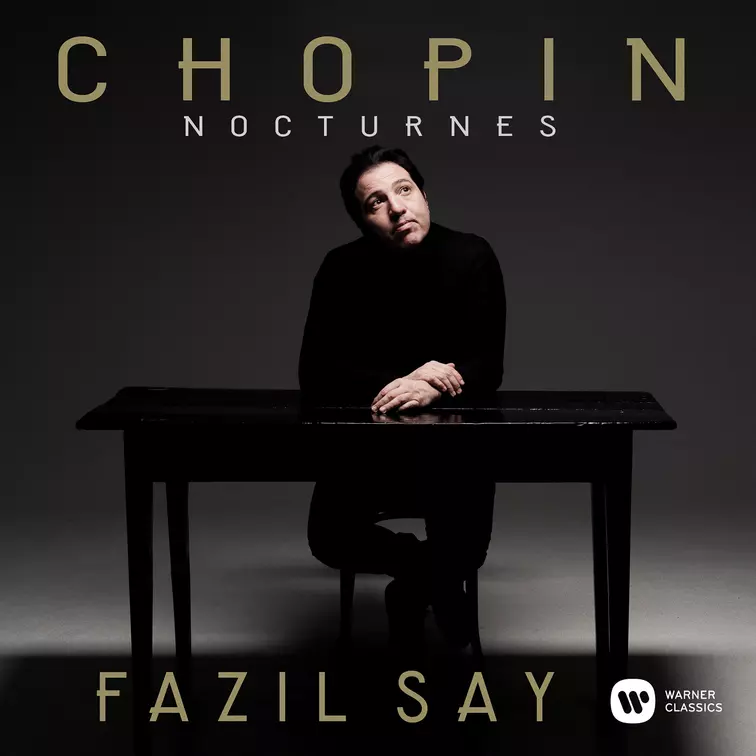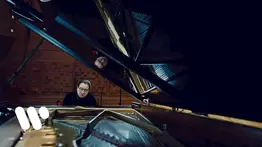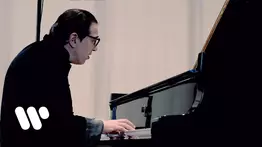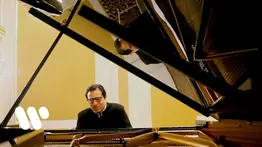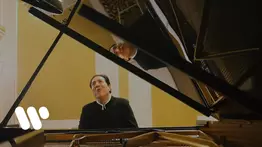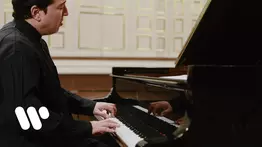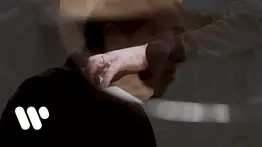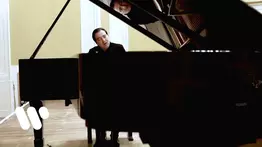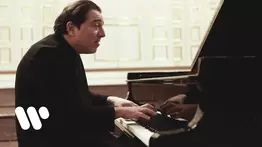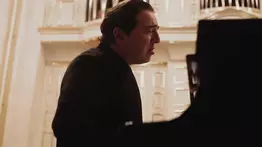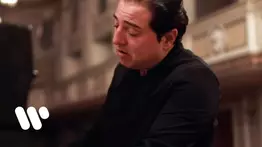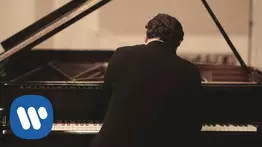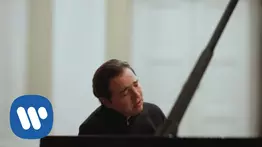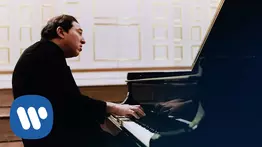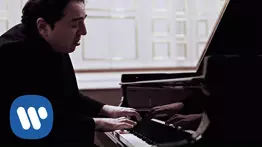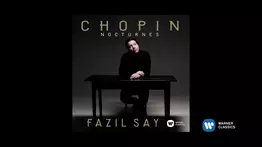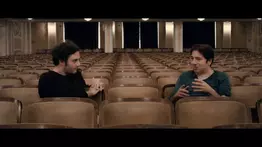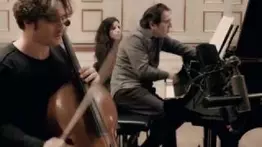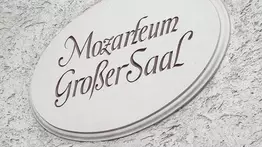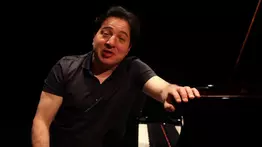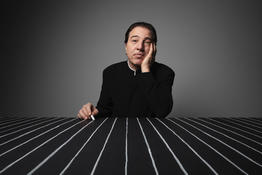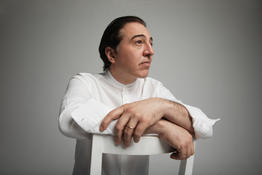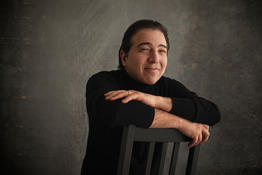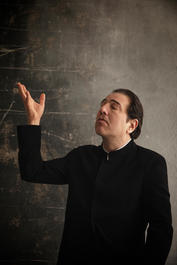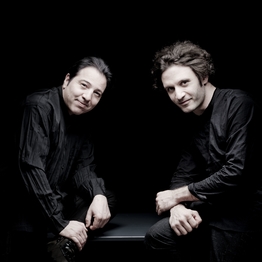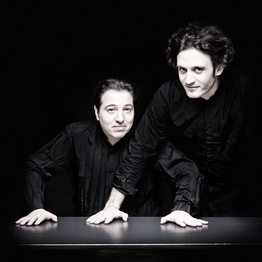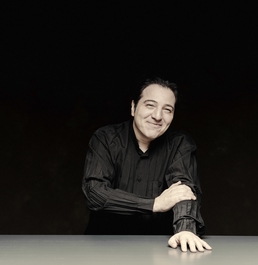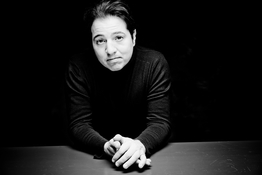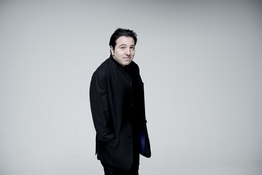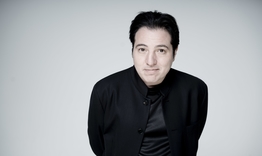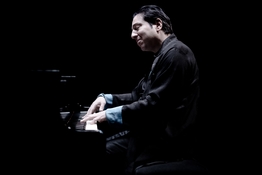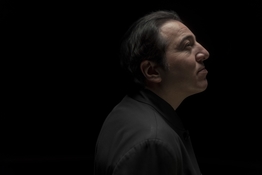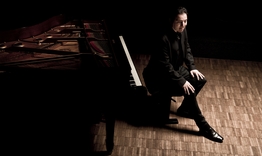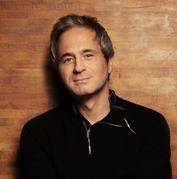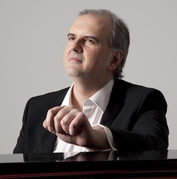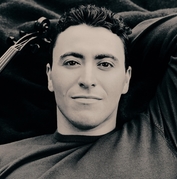Fazil Say
Informazioni
When the German composer Aribert Reimann discovered the 16-year-old Fazıl Say’s fast-developing artistry on a trip to the latter’s hometown of Ankara, Turkey, he exclaimed to the American pianist David Levine: “You absolutely must hear him – this boy plays like a devil.” Say had his first piano lessons from Mithat Fenmen, who had himself studied with Alfred Cortot in Paris. Perhaps sensing how talented his pupil was, Fenmen asked the boy to improvise every day on themes to do with his daily life before going on to complete his essential piano exercises and studies. This contact with free creative processes and forms is seen as the source of the immense improvisatory talent and the aesthetic outlook that have made Fazıl Say the pianist and composer he is today.
From 1987 onwards, Fazıl Say fine-tuned his skills as a classical pianist with David Levine, first at the Musikhochschule Robert Schumann in Düsseldorf and later in Berlin. This formed the aesthetic basis for his Mozart and Schubert interpretations, in particular, leading to victory at the Young Concert Artists International competition in New York in 1994. Since then he has played with all of the renowned American and European orchestras and numerous leading conductors, building up a multifaceted repertoire ranging from Bach, through the Viennese Classics (Haydn, Mozart and Beethoven) and the Romantics, right up to contemporary music, including his own piano compositions.
He has been commissioned to write music for, among others, the Salzburg Festival, the WDR, the Dortmund Konzerthaus and the Schleswig-Holstein and Mecklenburg-Vorpommern festivals. His work includes compositions for solo keyboard and chamber music, as well as solo concertos and large-scale orchestral works, such as the 2011 Clarinet Concerto for Sabine Meyer inspired by the life and work of the Persian poet Omar Khayyam.
Say is a passionate advocate of music as a path to social change, in his native Turkey and beyond. “I strongly believe that art and music will form a bridge between Western and Eastern cultures, blending and transforming these cultures,” he stated in a speech for the 38th Congress of the International Federation of Human Rights in Istanbul, 2013.
